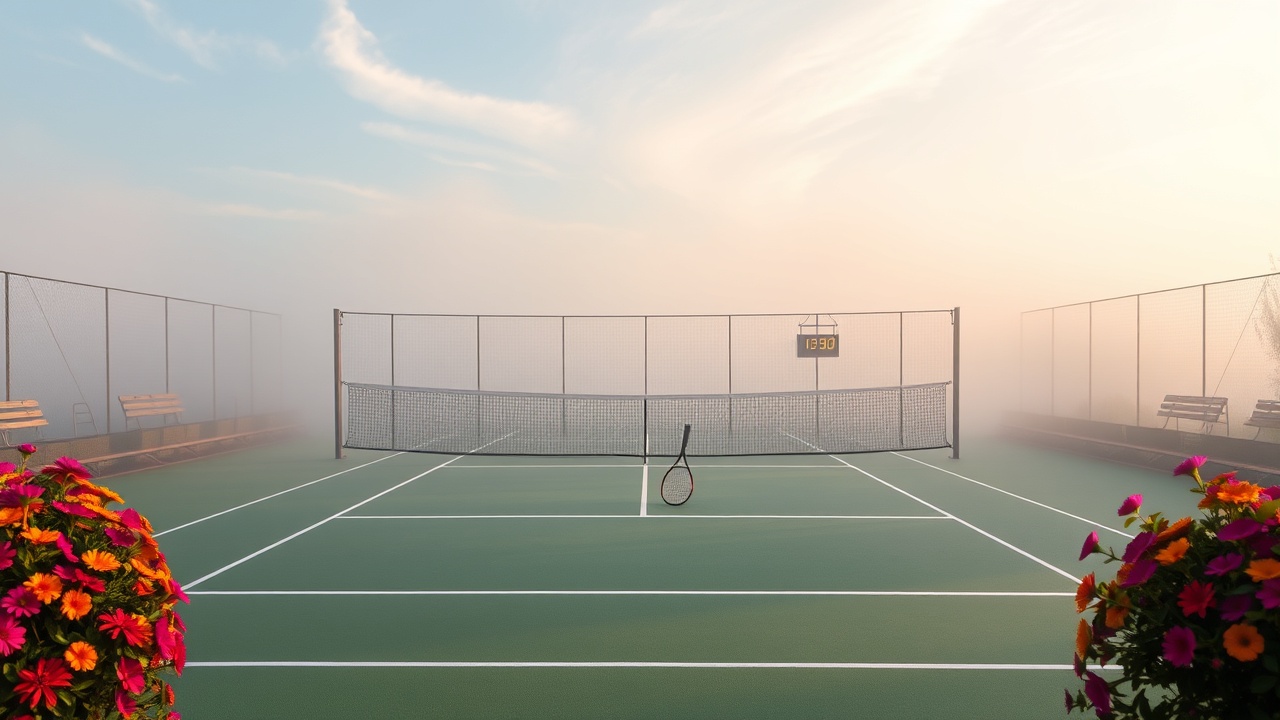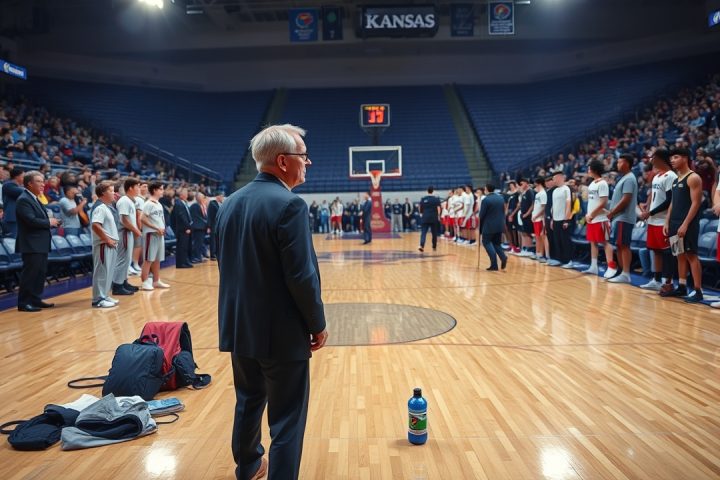The Challenges of Tennis Match Scheduling
The early bird may catch the worm, but in the world of tennis, the scheduling of matches poses unique challenges for players, particularly when it comes to early morning or late-night slots. Coco Gauff, the reigning champion of the U.S. Open, embraces early starts, such as her upcoming quarterfinal clash against fellow American Madison Keys at 11 a.m. local time in Paris. At 21 years old, Gauff, ranked No. 2 at the French Open, feels energized by morning matches, declaring,
“I can get up early. I’m not slow to wake up. Once I get some food in me, I’m pretty much good.”
The Impact of Scheduling on Players and Fans
Tennis, a sport defined by its demanding schedules, often sees matches scheduled throughout the day and into the night, catering to large audiences and lucrative broadcast deals. Grand Slam tournaments like the French Open feature matches that can run as late as 2 or 3 a.m., while Wimbledon enforces an 11 p.m. cutoff. The unpredictable nature of these schedules is a source of frustration not only for players but also for fans eager to watch their favorites compete.
Critiques of the rigid scheduling at Roland-Garros have emerged, especially with regard to the decision to have women routinely fill the early matches in the main stadium, often before significant crowds gather. Meanwhile, the night sessions have predominantly featured male players, bringing into question the equality of exposure and opportunities at such high-profile events.
Player Perspectives on Match Times
Madison Keys, seeded seventh and known for her humorous outlook, has had her fill of late-night games, stating,
“If I could never play at 1 a.m. ever again for the rest of my life, I would be so happy.”
Keys appreciates the predictability of morning slots and desires a schedule that allows for a regular bedtime.
However, the unpredictability surrounding match timings is a consistent concern. As Holger Rune, a 10th-seeded player at this year’s French Open, puts it, matches can be assigned with notice given only the day prior—quite different from team sports, where schedules are confirmed well in advance. Rune voiced his frustrations about waking up for early matches, recalling junior tournaments where a 9 a.m. contest meant awaking at the crack of dawn.
Emma Navarro, a semifinalist at last year’s U.S. Open, echoes this sentiment, expressing her struggle with sleep and preference for earlier matches.
“I try to get 10 hours a night. If it’s dark outside, I’m probably sleeping,”
she admitted. While preferences vary among players—Carlos Alcaraz, the 2024 men’s champion, leans toward day matches while others like Alexander Zverev enjoy the nighttime atmosphere—many share a desire for more consistent scheduling. Even Lorenzo Musetti, ranked No. 8, remains flexible with match times, stating,
“Whatever time they give me, I’ll play.”
Conclusion
As the tournament continues, the unpredictability of match schedules remains a topic of conversation and concern within the sport, highlighting its unique demands on player routines and sleep patterns.




